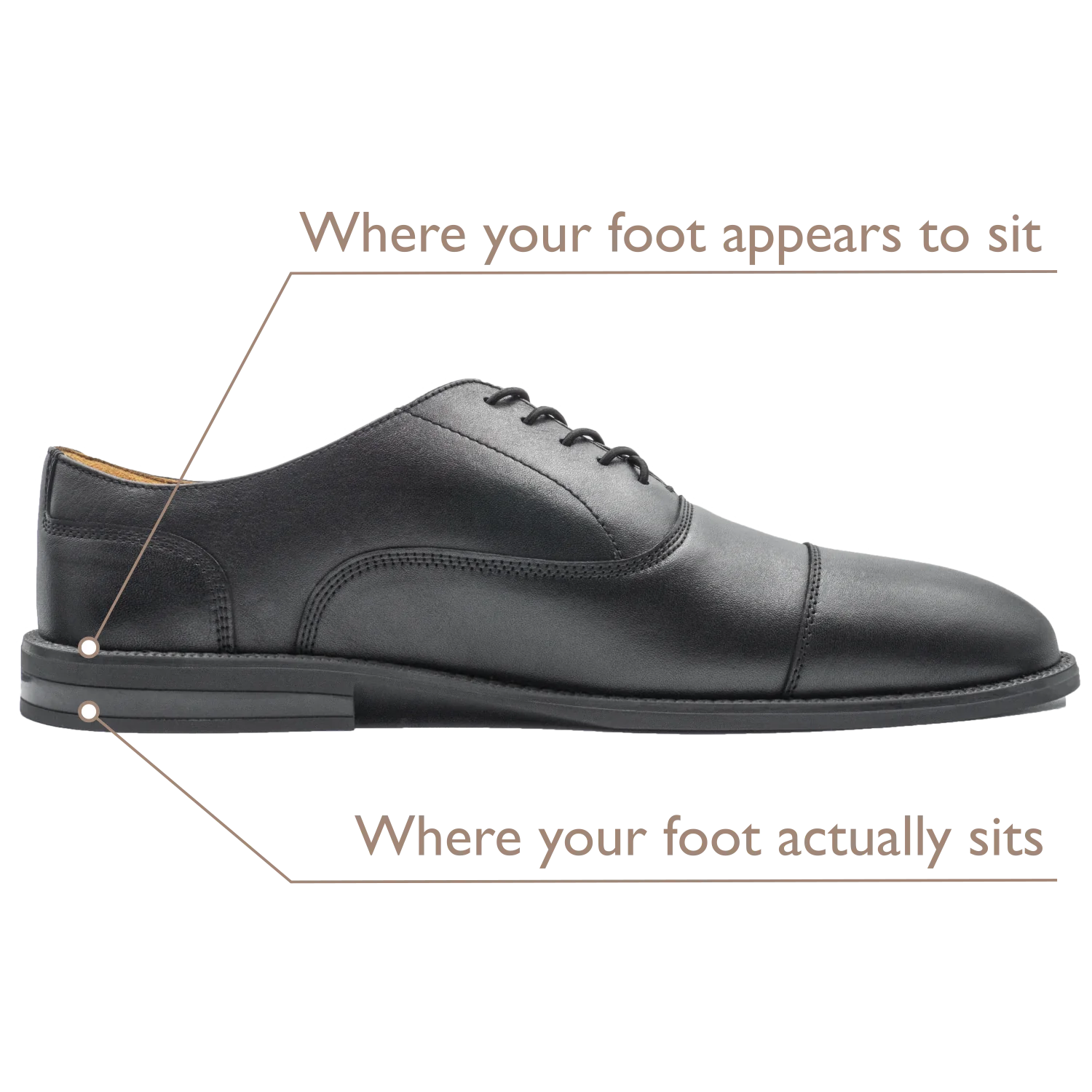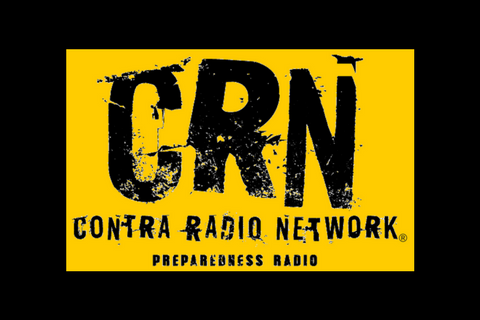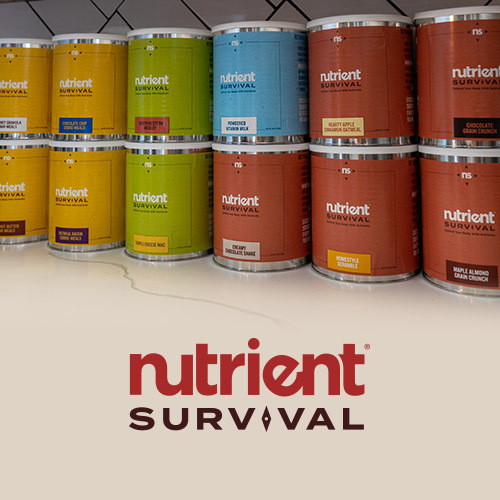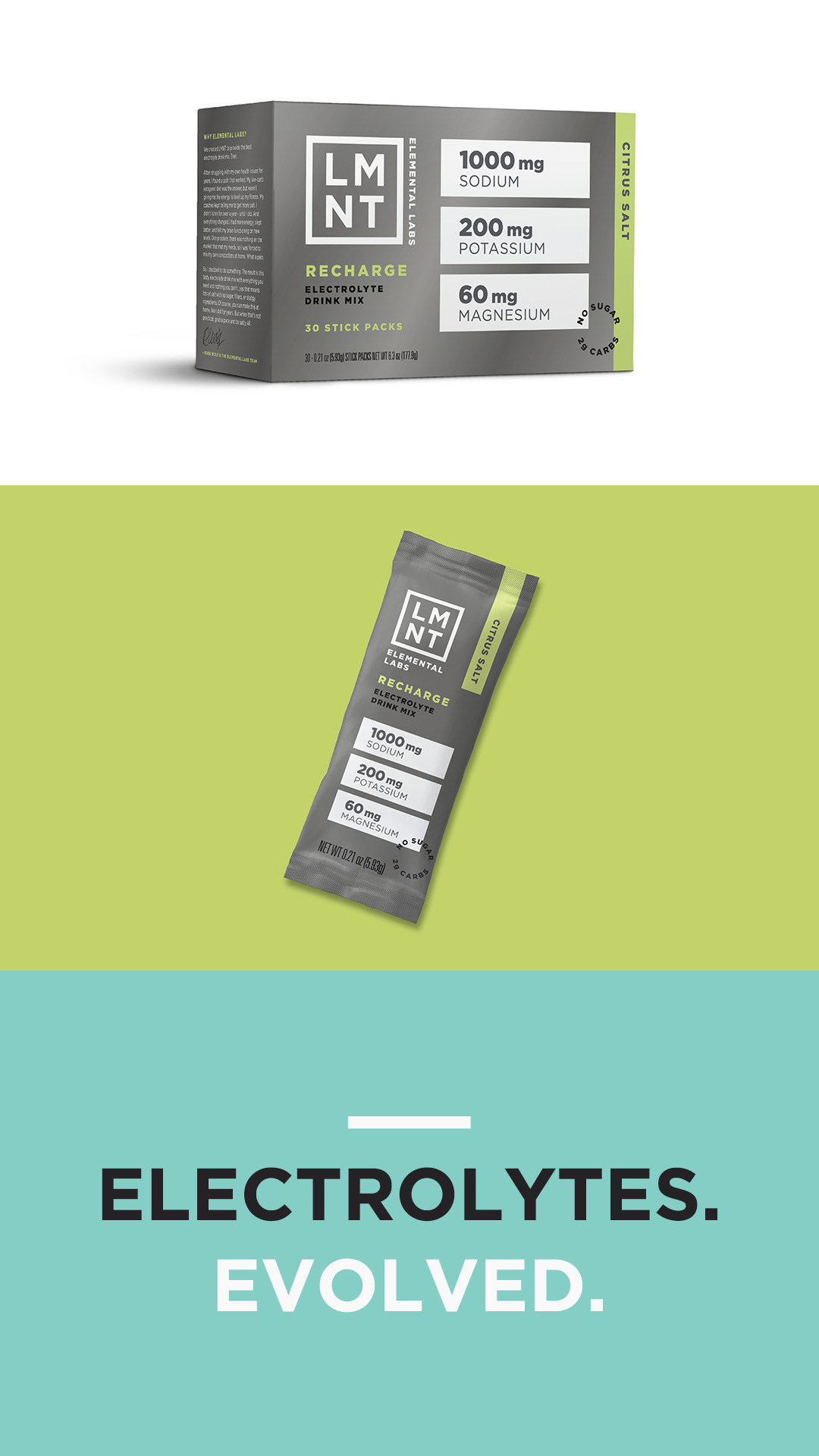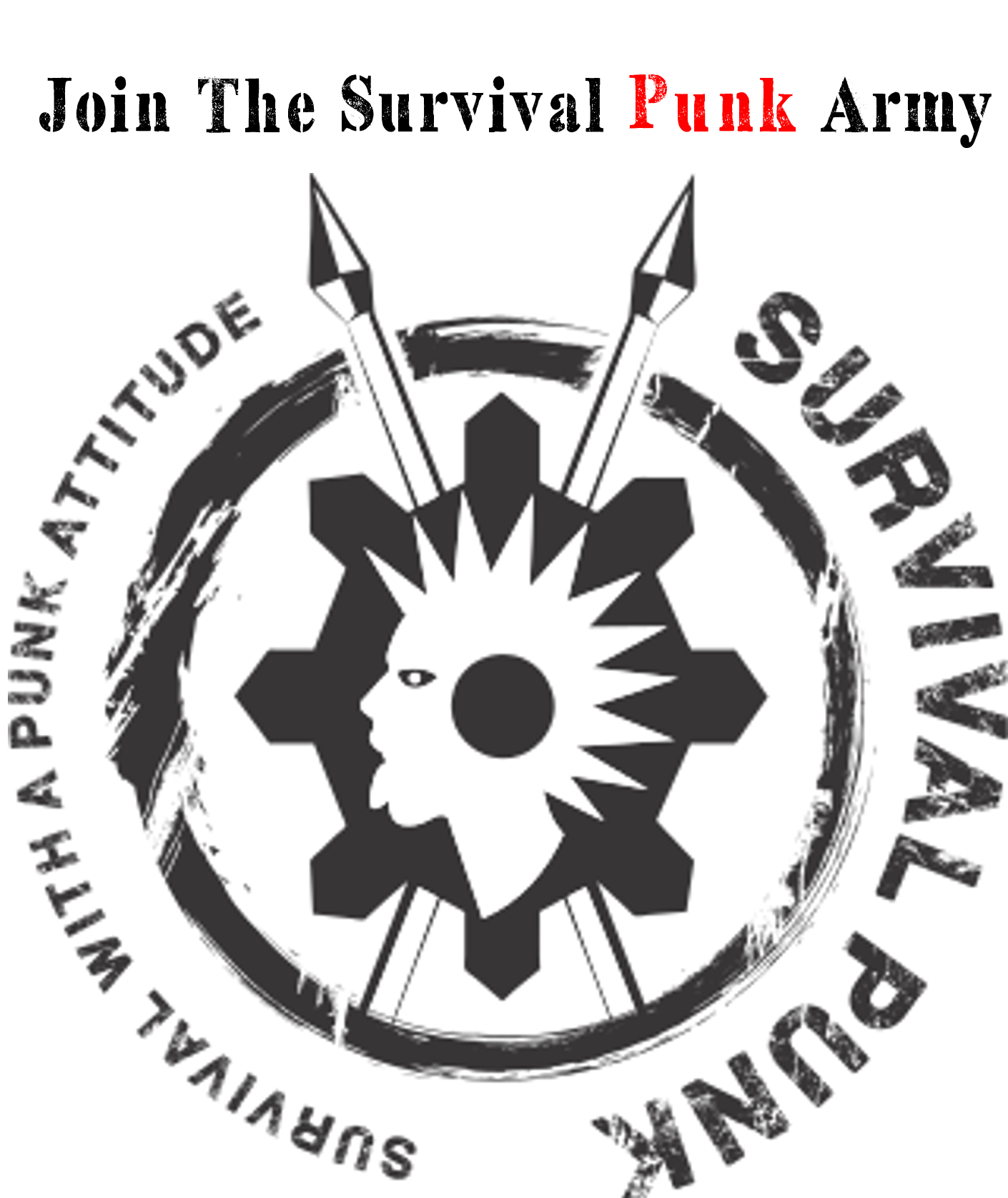Abandoned Places: What’s Safe to Salvage? | Episode 412
Podcast: Play in new window | Download
Subscribe: RSS
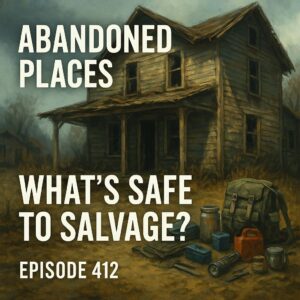
Abandoned Places: What’s Safe to Salvage? | Episode 412
In this episode of the Survival Punk Podcast, we step into the eerie calm of a post-collapse world — where empty buildings, forgotten homes, and quiet streets may hold everything you need to survive. But scavenging isn’t looting. It’s not dumb luck or a free-for-all. It’s a skill. And doing it wrong can get you injured, arrested, or dead.
Let’s talk about what’s worth grabbing, what’s a trap, and how to scavenge smart when the world goes quiet.
What to Look For: High-Value Salvage Targets
After a collapse, these items are survival gold:
- Clean water (bottled, sealed jugs, water heater tanks)
- Non-perishable food (canned goods, dry staples, vacuum-sealed items)
- Tools (hand tools, shovels, crowbars, screwdrivers)
- Medical supplies (bandages, OTC meds, antiseptics, first-aid kits)
- Fuel & batteries (propane, gas cans, AA/AAA batteries)
- Clothing & blankets (especially in good condition or cold-weather gear)
Look for hardware stores, small clinics, auto shops, and abandoned rural homes — they’re often untouched longer than obvious spots like grocery stores.
What to Avoid: Traps, Trash, and Trouble
Some places aren’t worth the risk:
- Structural hazards: roofs ready to collapse, moldy interiors, or fire-damaged buildings
- Spoiled food: anything bloated, leaking, or heat-exposed
- Obvious conflict zones: anywhere crowds gathered during collapse (malls, FEMA stations, gas stations)
- Baited locations: areas that look too untouched could be traps or claimed territory
Remember: You’re not the only one scavenging. Don’t die for a can of beans.
How to Scavenge Smart
- Go quiet, go light: no loud engines, no flashy gear
- Work in pairs if possible: one scavenges, one watches
- Carry essentials: gloves, mask, pry bar, light source, knife
- Mark cleared locations: chalk, tape, or personal code
- Leave things better than found when possible: not out of kindness — but out of strategy
Build a route, scout first, and rotate locations over time. In long-term collapse, the scavenger who thinks ahead survives.
Final Thought: Know the Risk, Master the Reward
Scavenging isn’t looting. It’s survival through observation, patience, and skill. Treat abandoned places with caution, respect, and a calculated mindset.
Listen to Episode 412 and sharpen the skill that might just keep you alive.
Links
Think this post was worth 20 cents? Consider joiningThe Survivalpunk Army and get access to exclusivecontent and discounts! |
Don’t forget to join in on the road to 1k! Help James Survivalpunk Beat Couch Potato Mike to 1k subscribers on Youtube
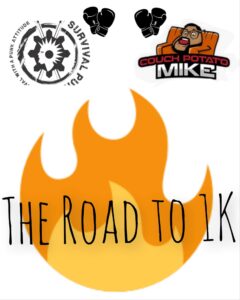
Want To help make sure there is a podcast Each and every week? Join us on Patreon
Subscribe to the Survival Punk Survival Podcast. The most electrifying podcast on survival entertainment.
Like this post? Consider signing up for my email list here > Subscribe
Join Our Exciting Facebook Group and get involved Survival Punk Punk’s


